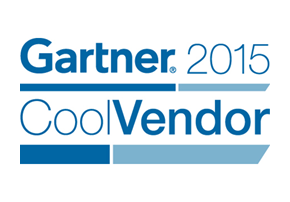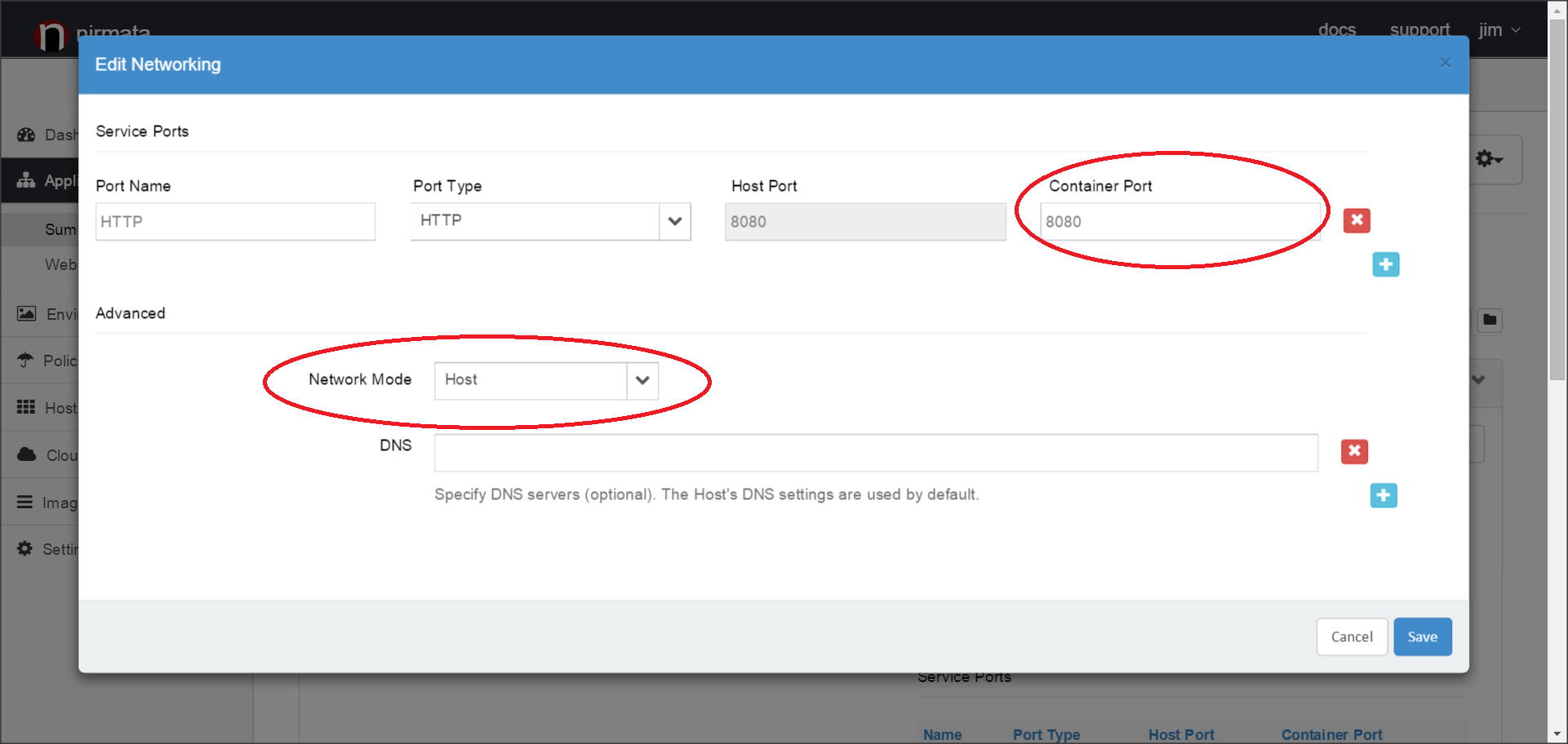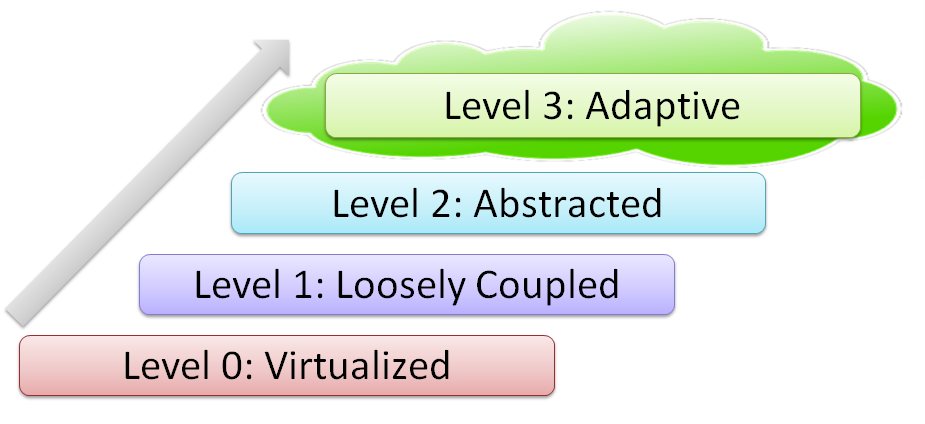Each year, Gartner the technology research firm known for its Magic Quadrants, selects a few companies as ‘Cool Vendors’ in their market categories. This year, I am happy to announce that Gartner has selected Nirmata as a Cool Vendor in the Gartner's "Cool Vendors in Web-Scale Platforms, 2015".
Jim Bugwadia
Recent Posts
Nirmata designated a "Cool Vendor" in Gartner's Cool Vendors in Web-Scale Platforms, 2015
[fa icon="calendar'] May 5, 2015 12:17:45 AM / by Jim Bugwadia posted in News
Nirmata designated a "Cool Vendor" in Gartner's Cool Vendors in Web-Scale Platforms, 2015
[fa icon="calendar'] May 5, 2015 12:17:45 AM / by Jim Bugwadia posted in Nirmata, News
Each year, Gartner the technology research firm known for its Magic Quadrants, selects a few companies as ‘Cool Vendors’ in their market categories. This year, I am happy to announce that Gartner has selected Nirmata as a Cool Vendor in the Gartner's "Cool Vendors in Web-Scale Platforms, 2015".
Docker Host Networking Mode with Nirmata
[fa icon="calendar'] Mar 16, 2015 6:20:18 PM / by Jim Bugwadia posted in Product
The default networking mode in Docker (as of Release 1.5) is the bridge mode. The bridge mode setting creates a virtual Ethernet bridge device on the Linux host that enables containers to talk to each other, and the host. Docker’s port mappings can then be used to manage external traffic, from the host interface to containers.
Docker Host Networking Mode with Nirmata
[fa icon="calendar'] Mar 16, 2015 6:20:18 PM / by Jim Bugwadia posted in Nirmata, Product, Docker
The default networking mode in Docker (as of Release 1.5) is the bridge mode. The bridge mode setting creates a virtual Ethernet bridge device on the Linux host that enables containers to talk to each other, and the host. Docker’s port mappings can then be used to manage external traffic, from the host interface to containers.
Cloud Native Application Maturity Model
[fa icon="calendar'] Mar 8, 2015 6:39:10 PM / by Jim Bugwadia posted in Engineering
Cloud native applications are built to run optimally on cloud infrastructure. Cloud native application architectures are very different than traditional tiered applications which are designed for a data center. In this post I will discuss maturity model, from the Open Data Center Alliance (ODCA), for assessing the cloud nativeness of an application.
Cloud Native Application Maturity Model
[fa icon="calendar'] Mar 8, 2015 6:39:10 PM / by Jim Bugwadia posted in Cloud native, microservices, Engineering
Cloud native applications are built to run optimally on cloud infrastructure. Cloud native application architectures are very different than traditional tiered applications which are designed for a data center. In this post I will discuss maturity model, from the Open Data Center Alliance (ODCA), for assessing the cloud nativeness of an application.
Defining DevOps
[fa icon="calendar'] Feb 18, 2015 9:40:56 AM / by Jim Bugwadia posted in Engineering
Over the last few years, I've spent quite a bit of time learning and discussing DevOps, as well as putting into practice DevOps principles and values. I’ve read several articles that provide detailed descriptions of what DevOps is, and what DevOps is not. Most of these talk about moving development and operations teams closer together, the cultural changes involved, etc. But none of these provided me with a simple and satisfying definition for DevOps.
Defining DevOps
[fa icon="calendar'] Feb 18, 2015 9:40:56 AM / by Jim Bugwadia posted in Engineering, DevOps
Over the last few years, I've spent quite a bit of time learning and discussing DevOps, as well as putting into practice DevOps principles and values. I’ve read several articles that provide detailed descriptions of what DevOps is, and what DevOps is not. Most of these talk about moving development and operations teams closer together, the cultural changes involved, etc. But none of these provided me with a simple and satisfying definition for DevOps.
Microservices: Five Architectural Constraints
[fa icon="calendar'] Feb 2, 2015 11:55:12 AM / by Jim Bugwadia posted in Engineering
Microservices is a new software architecture and delivery paradigm, where applications are composed of several small runtime services.
Microservices: Five Architectural Constraints
[fa icon="calendar'] Feb 2, 2015 11:55:12 AM / by Jim Bugwadia posted in microservices, Engineering, DevOps, Cloud Architecture
Microservices is a new software architecture and delivery paradigm, where applications are composed of several small runtime services.





